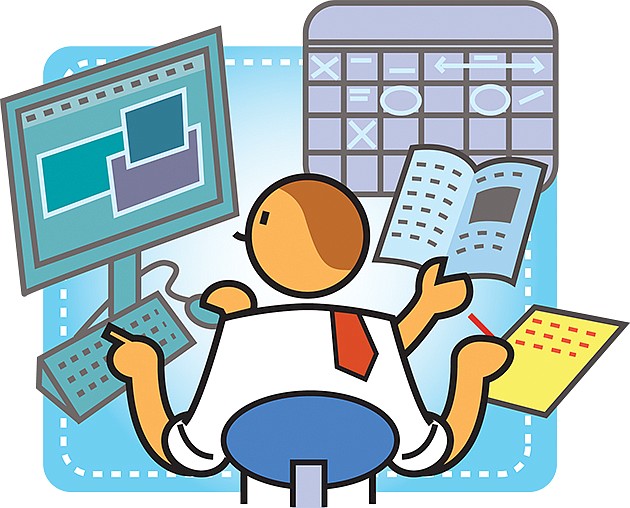- November 24, 2024
-
-
Loading

Loading

The ability to multitask may seem like an achievement, but according to Anne Grinols, a Baylor University business professor, it's not a skill worth including on a resume.
“Employers are more interested in outcomes than efforts,” Grinols says in a release. “Multitasking refers to the latter.”
Instead, Grinols, also the assistant dean for faculty development and college initiatives in Baylor's Hankamer School of Business, suggests indicating “expertise in multiple areas, timely production and excellence in outcomes.”
Grinols shared three myths she discovered in her research on multitasking. Those myths include:
Myth No. 1: People believe they can focus on two mental activities at once.
“The subconscious takes care of some activity, as we go on 'automatic pilot,'” Grinols says. “When we have done something over and over again, we don't give it the same proactive attention.”
Grinols uses driving as an example: “Long-distance drivers can begin to think about other things, thus paying less attention to the road and the other drivers, and their driving suffers.”
Conscious mental activity, on the other hand, happens one activity at a time, Grinols says. For example, she says choosing to text during a meeting will take efficiency away from one activity or both.
Myth No. 2: People believe they can go back and forth between mental activities and stay on top of both of them.
“People who say they can multitask think they are saying that they can accomplish more than others because they can focus on more than one thing at once,” Grinols says. “However multitasking can also be seen as a negative.”
She says the working world is results-driven, and the results matter much more than the process. The process only matters if the results are satisfactory.
Myth No. 3: People believe they can go back and forth between mental activities and stay on top of both.
“I am reminded of the observation of a fourth grade teacher who told her class, 'Do not watch TV while you do your homework or you will find yourself doing TV while you watch your homework,” Grinols says in the release.
As employees, to achieve the optimal level of accomplishment, it's important to handle one task at a time. “If your current assignments are to develop a new strategy to accomplish a goal and also to participate in a team meeting, don't start thinking about the strategy as you sit in the meeting,” Grinols says.